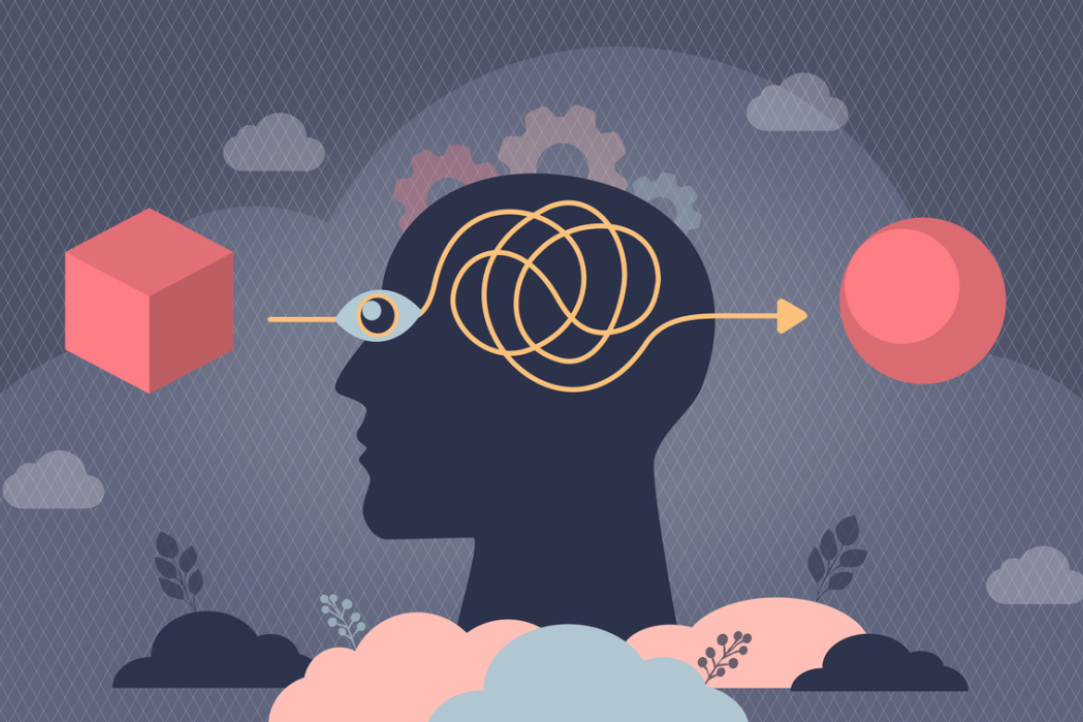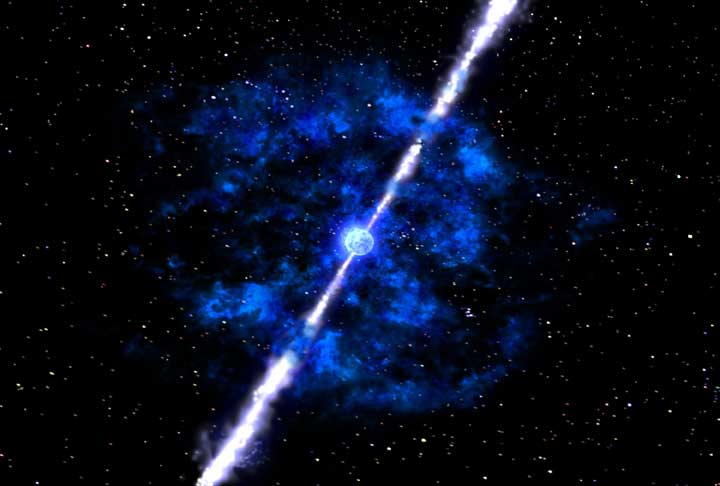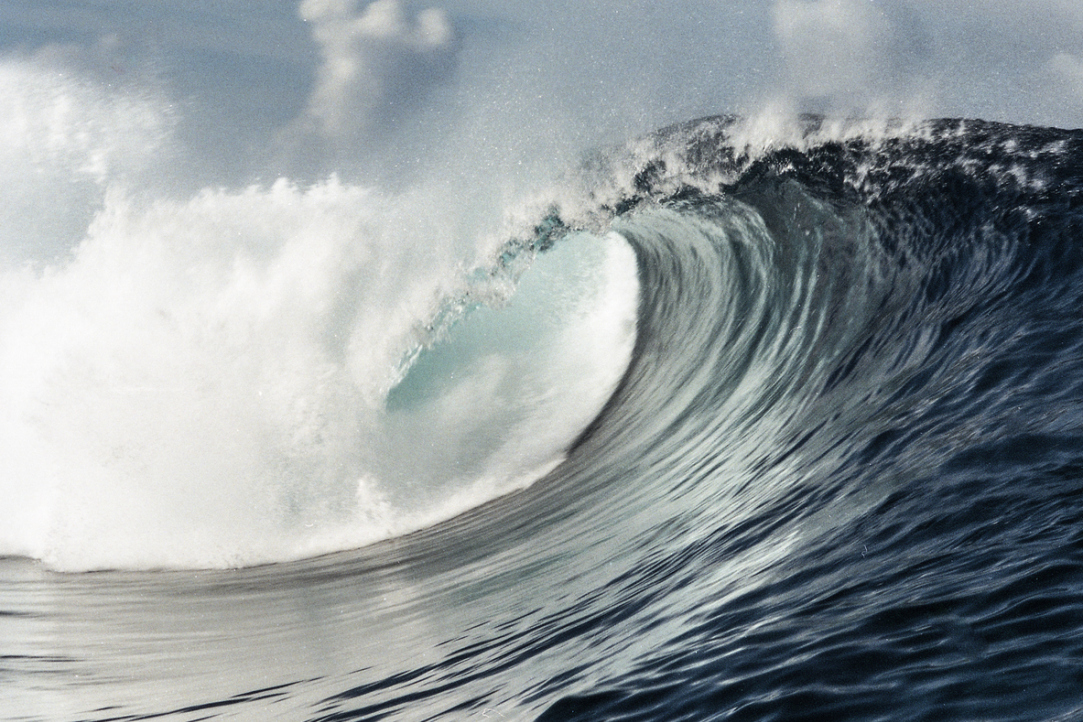
Alcohol Consumption Patterns Vary Across Social Groups in Russia, According to HSE Research
Although there is a larger percentage of drinkers among high-status professionals and executives compared to low-status workers, the former consume less alcohol. This is one of the findings of a study carried out by researchers of the HSE Faculty of Economic Sciences and published in Voprosy Statistiki.

AI Helps Scientists Generate Z-flipon Map
Researchers from HSE University and Sber Artificial Intelligence Lab are using AI to predict the location of DNA fragments in the genome which can flip over and form a mirror structure known as Z-DNA. The scientists have found that these DNA fragments overlap with known mutations which can cause severe hereditary diseases and impact a person's health, height, weight, cholesterol levels, and even determine their hair colour. The study findings have been published in Life Science Alliance.

HSE Scientists Unveil New Findings Regarding Stability of Communication Systems
Researchers from the International Laboratory of Dynamical Systems and Applications at the HSE Campus in Nizhny Novgorod have discovered that the use of systems with hyperbolic solenoid attractors and repellers can lead to issues in the transmission of communication signals. The findings of this study have been published in Results in Mathematics. The research was financed by a substantial grant from the Russian Government as part of the 'Science and Universities' National Project and a further grant from the Russian Science Foundation.

HSE Researchers Question the Correctness of Experiments Denying Free Will
Neuroscientists from HSE University have criticized the famous studies that question the free will of our decisions. You can’t shift responsibility for your actions to the brain. The results of the new work were published in the Neuropsychologia journal.

HSE Scientists Investigate Third-Party Punishment for Unfairness
HSE researchers have examined the brain's reaction to violations of social norms and calculated a behavioural index to assess an individual's sensitivity to unfairness. This index can potentially be used to develop individualised rehabilitation programmes for patients with various types of behavioural disorders. The study has been published in Neuroscience Letters.

HSE University and Sber Researchers Increase Speed of Gradient Boosting Algorithm
A group of researchers from the HSE Faculty of Computer Science and the Sber AI Lab has increased the speed of gradient boosting, one of the most efficient machine learning algorithms. The proposed approach will make it possible to solve classification and regression problems faster. The results of the work were presented at the NeurIPS conference.

Patrons' Brain Activity while Viewing Menu Items Can Predict Restaurant Sales
A positive correlation has been discovered between the neural activity in the nucleus accumbens of study participants as they were presented with photographs of dishes from the menu of the Chaihona No. 1 restaurant chain and the sales performance of said dishes in the chain's establishments. This finding was made by a team of researchers of the HSE Institute for Cognitive Neuroscience, Lomonosov Moscow State University, and ETH Zurich (Switzerland). The study findings have been published in PLoS One.

Scientists Develop Algorithm for Accurate Calculation of Quantum Systems
Researchers from the MIEM HSE Centre for Quantum Metamaterials, jointly with colleagues from Germany and the UK, have proposed an algorithm for the automated compression of arbitrary environments (ACE). It opens up exciting new possibilities for the precise calculation of the dynamics of quantum systems. According to the scientists, the new method can assist in the design of quantum computers and novel communication systems. The study findings are published in Nature Physics.

Astrophysicists Look into a Powerful Gamma-ray Burst
An international team of scientists including a HSE researcher have detected a rare optical emission from one of the most powerful gamma-ray bursts in the history of observation. The team measured the parameters of the environment, from which the emission originated, and proceeded to construct a model that simulates the behaviour of gamma-ray bursts. This contributes to our understanding of why such bursts are accompanied by electromagnetic radiation in the visible range. The findings have been published in Nature Astronomy.

Monsters of the Deep: HSE Scientists Have Compiled a Catalogue of Rogue Waves
Rogue waves, or killer waves, are abnormally high and deadly waves that can emerge unpredictably in open seas and along shorelines. They pose an imminent deadly threat to everyone from colossal liners and pleasure yachts to seafarers and vacationers. Scientists from the HSE campus in Nizhny Novgorod Efim Pelinovsky and Ekaterina Didenkulova have assembled a catalogue of such phenomena that occurred in the World Ocean from 2011 to 2018, identifying the areas where they are frequently documented and inflict the most substantial damage.


Deadline for application - March 17, 2024